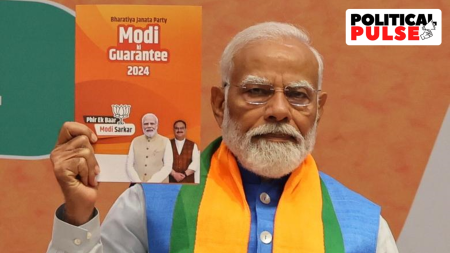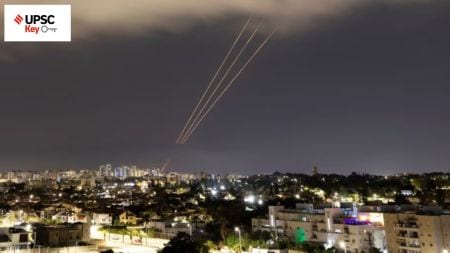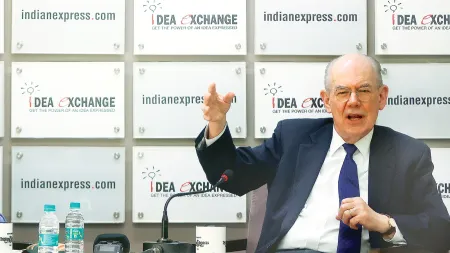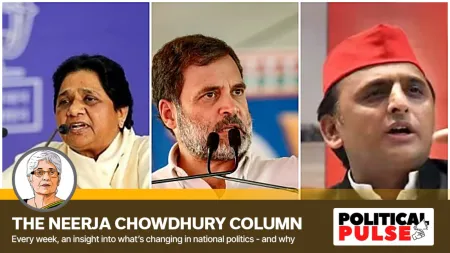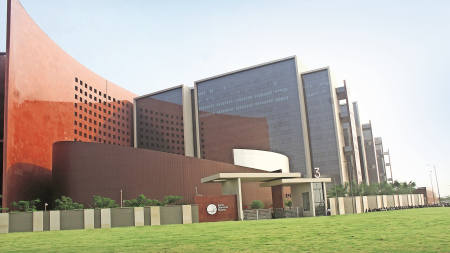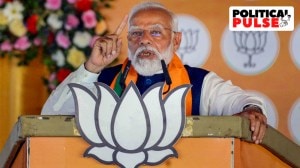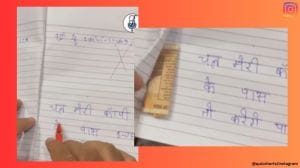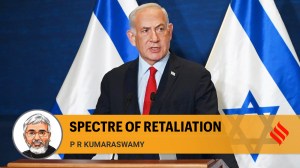- India
- International
View From The Neighbourhood: Tragedy foretold
A weekly look at the public conversations shaping ideas beyond borders — in the Subcontinent.
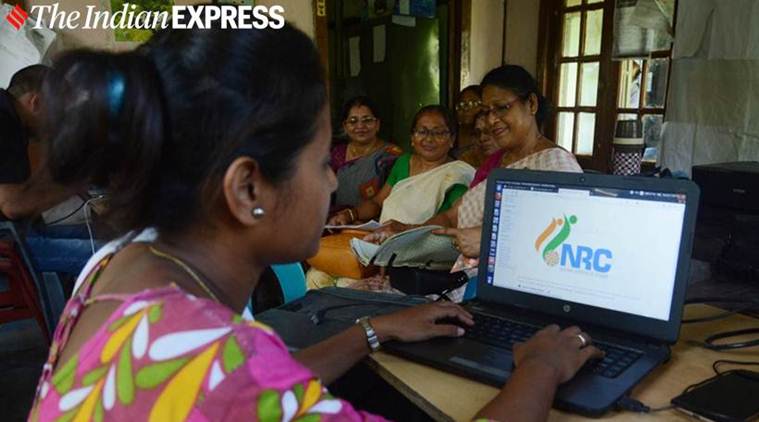 (Express photo: Tora Agarwala)
(Express photo: Tora Agarwala)
Muhammad Zamir, a former Bangladeshi diplomat and now an analyst, makes one thing clear: “India is making its own people stateless. Bangladesh shouldn’t have to pay the price.” Zamir’s article in The Dhaka Tribune on September 15 expresses a view that has become increasingly common in the Bangladesh media. It establishes first the flaws, both administrative and moral, in the NRC process in Assam and then clarifies the role Bangladesh is (un)willing to play in the scenario.
Zamir states that “Prime Minister Narendra Modi’s Hindu nationalist Bharatiya Janata Party (BJP) has long railed against illegal immigration into India, and has been using this also as a political weapon for the last three years in particular.” He goes on to point out some of the most glaring exclusions from the final NRC list, for example, of an Indian army veteran spending 11 days in a detention camp. The article also points out Home Minister Amit Shah’s past statements, of “infiltrators” being “termites” and the fears such talk engenders. In addition, there are sever problems with the appeals process, accuracy of the list.
But the nub of the article is this: One thing needs to be understood by the Assam administration presently in control of the BJP is that, “Densely populated Bangladesh is already suffering from having to look after more than a million illegal Rohingya immigrants from the Rakhine state of Myanmar. Consequently, there is no question of Bangladesh being forced to receive more alleged infiltrators. Such a measure could seriously affect bilateral relations. It might also encourage insecurity and possibly generate unfortunate clouds of communalism. This is an internal matter of India and that matrix needs to be understood. Consequently, India and the state government of Assam, instead of generating more despair, anxiety, and anger, might consider giving those designated as stateless people participatory presence within the Indian paradigm after their release from detention centres.”
Silent Valley
Moonis Ahmar, former dean of social sciences at Karachi University, takes the Amnesty India report on the “crackdown” and “blockade on communications” in the Kashmir Valley as the starting point of his article in The Express Tribune on September 13. He writer that “After more than five weeks of crackdown and communications blackout, voices of dissent are being raised by various human rights organisations and civil society groups in India”. “Let Kashmir speak,” according to Ahmar, is the essence of this movement.
“It is not only Arundhati Roy and other renowned Indian writers who have expressed their chagrin against India’s treatment of Kashmiris, but saner voices of students, teachers, political workers, and their leaders are also condemning the serious human rights violations,” the article notes.

Ahmar then asks, why despite domestic and international opprobrium, has New Delhi not lifted the blockade? He answers: “First, the narrative held by BJP stalwarts that relaxation in the occupied state cannot be given unless the alleged cross-border interference stops… Second, India also knows the fact that it will be Pakistan’s last intention to allow Pakistani Kashmiris to cross the Line of Control (LoC).”
Ahmar argues that Pakistan will not provoke an escalation of the conflict at this time. He ends with a simple appeal: “Letting the Kashmiris speak and decide their own destiny is the need of the hour. If saner voices against New Delhi’s brutal crackdown in the Valley are raised in India today, a time will come when one can expect a major reversal of the Indian policy of neglect, indifference, and cruelty.”
Sticky Wicket
Last week, the Sri Lankan cricket team pulled out of a scheduled limited overs’ series in Pakistan, citing security concerns. “Clearly,” says the September 14 editorial in Dawn, “the memories of the terrorist incident of 2009, when the Sri Lankan team’s bus was attacked in Lahore, are still fresh in their minds.”
According to the editorial, these fears are now exaggerated, if not misplaced. It argues that the security situation has improved significantly, and perhaps the Sri Lankan cricket board did not do enough to convince its players to visit Pakistan. But the editorial gives the other side of the picture too: “Meanwhile, there is a feeling among many former cricketers that the PCB did not play its cards right either, and that the board should have set its own conditions instead of agreeing to a depleted touring team.” “Whether or not one agrees with that view, it is hoped that when the touring side returns to Sri Lanka, it is able to convince those who chose to stay away that they made the wrong decision” it says.
The editorial then marks the change in Pakistan cricket: “Though major foreign teams have shunned tours to this country in the past decade, Pakistan’s status as a major cricketing nation has not been altered in any way. Pakistan Super League, which ranked as the second most popular T20 league after the Indian Premier League, has attracted leading foreign players to the country in the past two years.”
A weekly look at the public conversations shaping ideas beyond borders — in the Subcontinent. Curated by Aakash Joshi
40 Years Ago
EXPRESS OPINION
More Explained
Apr 16: Latest News
- 01
- 02
- 03
- 04
- 05




